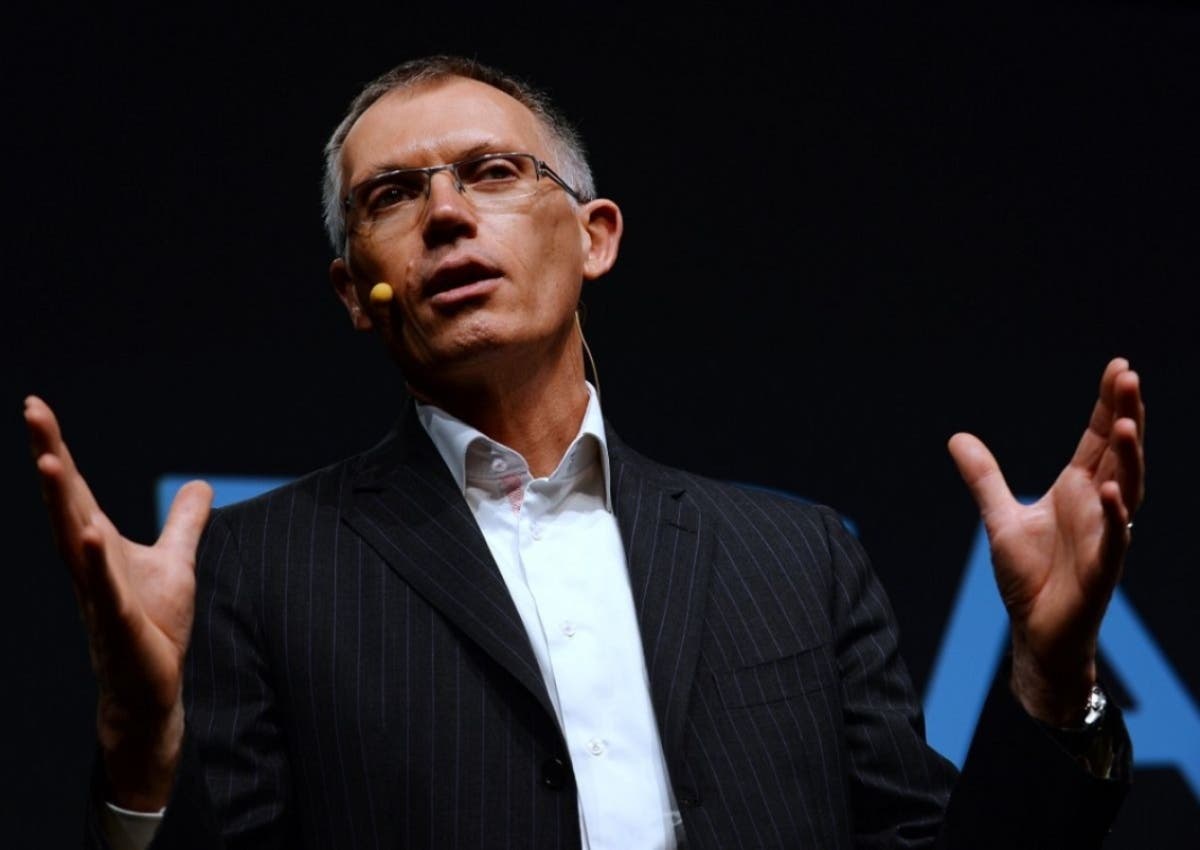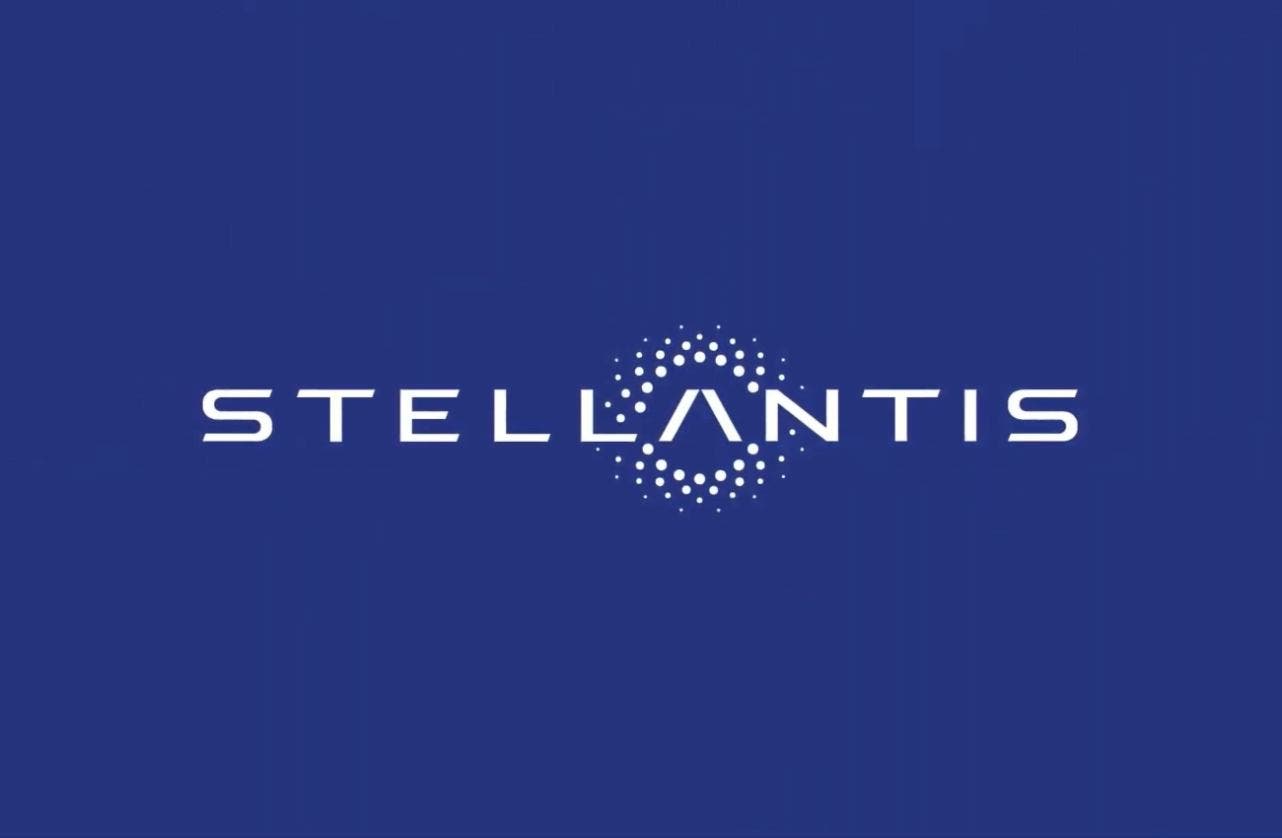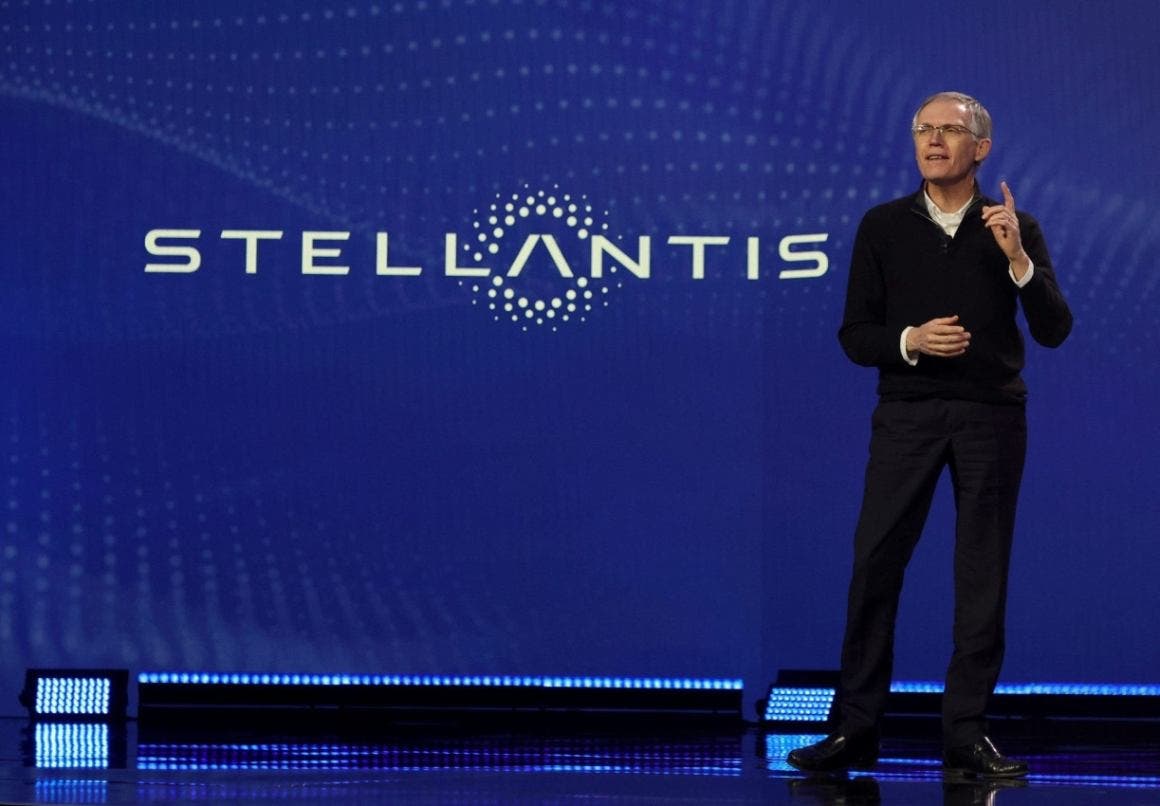Carlos Tavares, CEO of Stellantis, has stated that his company has been “arrogant” as it has failed to react quickly to the convergence of several problems in the United States in recent months, including production issues and rising inventories. “When I say that we have been arrogant, I am talking about myself. Nobody else. I’m talking about the fact that I should have acted immediately,” Tavares said during a meeting with investors at the automaker’s North American headquarters in Auburn Hills.
Carlos Tavares admits he underestimated some issues in the United States

Tavares said he should have formed a task force to address the issues, which included production hitches at a couple of U.S. plants that “are not working as they should.” The CEO made these comments as Stellantis’ sales in the United States have declined, its dealers have struggled to move cars off lots, its plant operations have at times been difficult and they’ve had to deal with layoffs, and the automaker’s market share has slipped in the U.S.
But Tavares and other Stellantis executives remained optimistic about their ability to right the ship in this market thanks to a combination of cost-cutting and a slew of new vehicles, including several electric models. Despite what Tavares called “headwinds” to profitability in both the U.S. and Europe, the automaker confirmed its overall financial guidance for 2024, including double-digit adjusted operating profit of 10 or 11% and the distribution of roughly $8.3 billion (€7.7 billion) in dividends and buybacks this year.
Natalie Knight, Stellantis’ chief financial officer, said the influx of new models this year will make up an increasing share of the company’s revenue, up to 15-20% in the second half of the year, compared with 10% in the first half. Meanwhile, she said the company expects to see raw material prices used in its vehicles coming down. She further added that the company sees further employee cuts on the horizon for savings of roughly $200 million on a company level in the second half of the year. “There will be questions of, are we at the end in terms of cost-cutting, and are we at the boundaries or not? It’s the same as asking, do we have boundaries to our imagination?”, Tavares said.

In addition to headcount reduction, Stellantis executives also discussed their efforts to save money by shifting more engineering departments to so-called “best cost” countries, like Morocco, India and Brazil. Stellantis is increasingly looking to source parts from suppliers in those lower-cost manufacturing countries as well. Additionally, the Group reduced the total number of the company’s vehicle platforms to just four, allowing it to simplify design and production across different brands and models and cut costs.
Cost-cutting is all in the name of transitioning to electric vehicles, Tavares said, and the need to stay competitive with Chinese automakers that are looking to grow in new markets worldwide where Stellantis is looking to maintain its market share. The automaker has set a goal for 2030 of selling 100% electric cars in Europe and 50% in the U.S.
Stellantis’ CEO has repeatedly criticized rising tariffs, like the Biden administration’s move to raise them to 100% for Chinese cars, and the European Union’s move to raise them to as much as 38%. The tariffs are “fixing a lack of competitiveness,” which he said will backfire on some European and American automakers in the long run.
Stellantis is partnering with one of China’s top EV makers, Leapmotor, to sell its low-cost vehicles in many markets. Stellantis owns 51% of the new Leapmotor International, which will oversee production and distribution of the cars outside of China. “We will leverage their cost competitiveness,” Tavares said. “We will leverage their technological know-how, meaning electric powertrains and everything related to connectivity. And we will leverage this to our benefit through the export company.”

